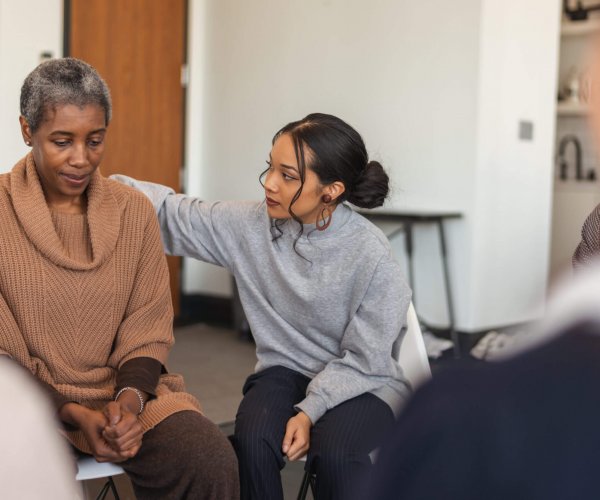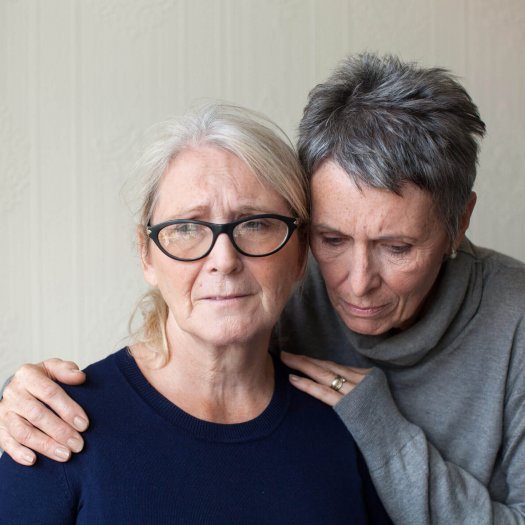I know someone who needs help
How we can help


I wish to refer someone to your service

I’m worried about a friend or family member
Here are some things you can try that will help her feel supported
Try to be direct, by saying something like “I’m worried about you because…”.
Avoid judging her, or making her feel bad for staying in the relationship.
Try to listen to her, let her share how she is feeling and believe what she is telling you.
Avoid telling her how you think she should feel, making her feel guilty, or that the abuse is her fault by suggesting she behave differently.
Try to offer her options for support like her local domestic abuse service, and let her know help is available for her.
Avoid giving her any ultimatums, telling her she has to leave, or putting any pressure on her to make decisions.
Try to remind her that the abuse is not her fault and that you know she is in a difficult situation.
Avoid criticising and insulting her partner, this could make her stop talking to you or make her feel as though she should defend him.
Try to build her self-confidence and remind her often that she is strong and capable.
Avoid showing that you are frustrated because she doesn’t want to leave or because she believes he will change.
Try to listen to how she wants to handle the abuse and respect that she might not want to or feel safe enough to report it.
Avoid putting pressure on her or telling her she has to report him to the police – this might make her withdraw.
Try to find practical ways to support her, like offering to go to the doctor with her or to a support agency and being ready with information about what support she can expect.
Avoid making her feel like she is a bad mum or that she is not looking after her children.
Source: Scottish Women’s Aid



